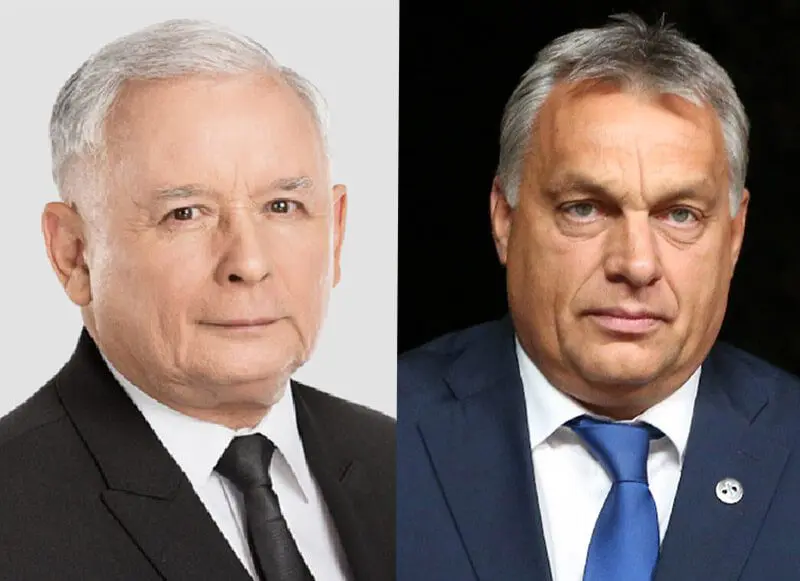Dozens of newspapers, TV stations and websites blank or black: This was what the national strike of private media in Poland protesting a sudden and crippling government tax on advertising looked like on Feb. 10.
In Hungary the same week, an opposition radio station was ordered by a court to turn off its microphones this coming Monday.
This is the politics of the slow squeeze in Central Europe. It’s a strategy designed by two men, the prime minister of Hungary, Viktor Orbán, and the vice-premier and de facto leader of Poland, Jaroslaw Kaczynski.
Their countries, both former members of the Soviet bloc, belong to the European Union, and profit from it, but their ideas on democracy and the rule of law — principles their countries agreed to uphold when joining in 2004 — are far from those endorsed by EU leaders in Brussels.






